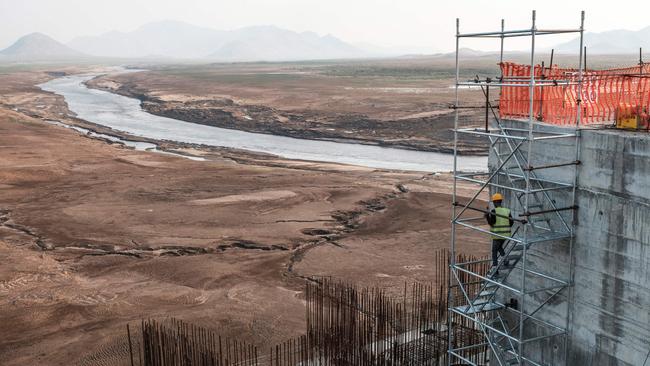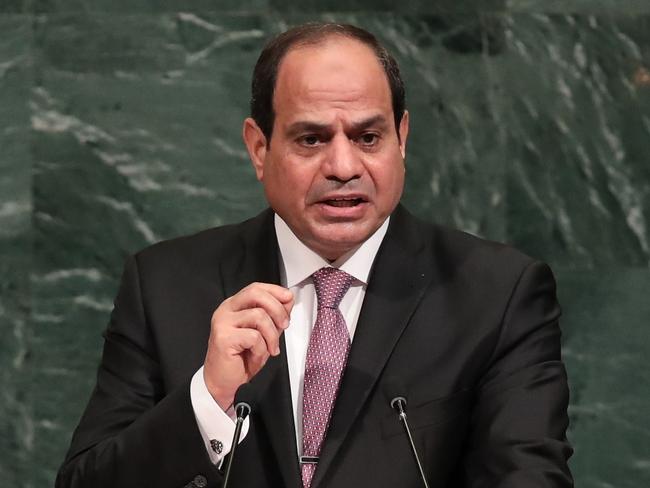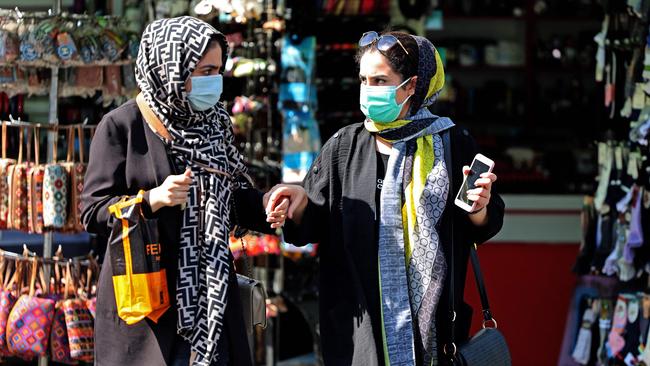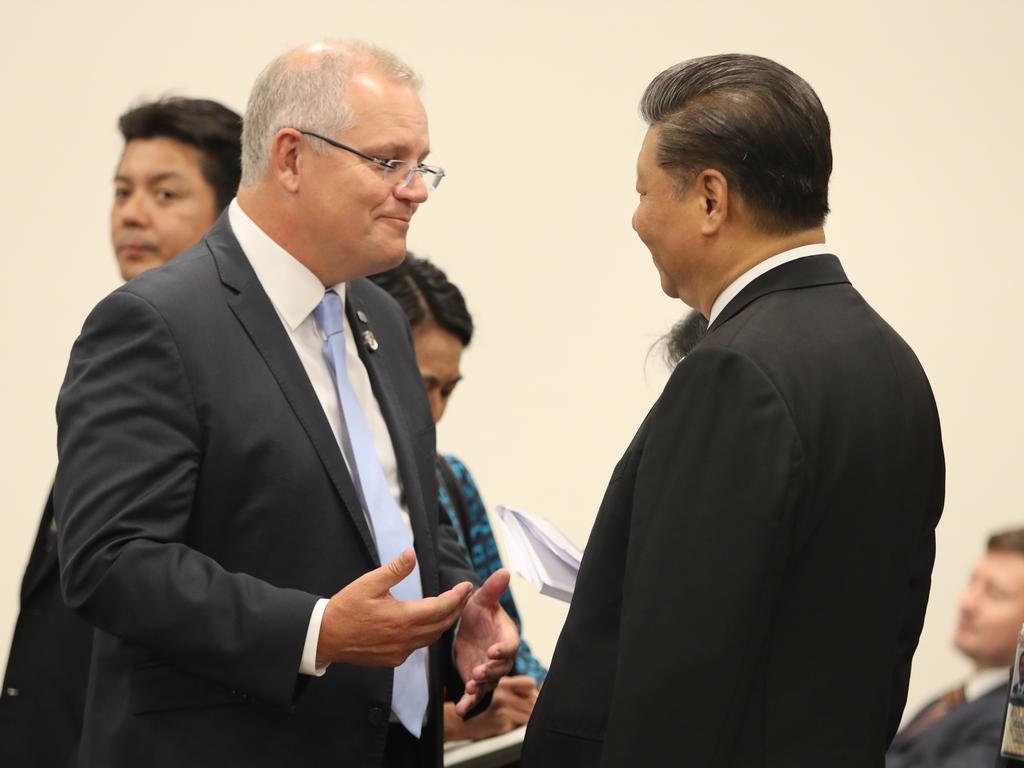First water war in Middle East and Africa is uncomfortably close

Disputes about how to allocate the water of the world’s great rivers — the Nile, the Tigris-Euphrates, the Mekong, to name just a few — have been raging for centuries but they have stopped short of all-out war. Climate change, the warming of the seas and extreme weather fluctuations may be bringing closer the first outright water war since the days of ancient Mesopotamia.
The water war of the 21st century could come in two forms. The first would be in a mismanaged or panicked response to rising seas. About 150 million people live one metre or less above current sea levels. Many will be displaced and become climate refugees, creating huge instability.

Mohamed Nasheed, the former president of the Maldives, told polluting nations at a conference a few years back: “You can drastically reduce your greenhouse gas emissions so the seas don’t rise so much. Or when we show up on your shores in our boats, you can let us in. Or when we show up on your shores in our boats, you can shoot us. You pick.”
That’s one kind of water war, one that pits wealthy north against a despairing south. Let’s hope it never gets beyond dystopian storytelling.
The second kind of war may be just around the corner. The Egyptian leader, Abdel Fattah al-Sisi, has warned Ethiopia he wouldn’t rule out using military force if the huge new “Grand Ethiopian Renaissance Dam” means Egyptians going without water further down the Nile. The ambition of the Nobel peace prize-winning Ethiopian premier, Abiy Ahmed, is to fill a reservoir to create the biggest hydroelectric plant in Africa and thus become a major energy exporter.
Sisi worries that the Ethiopians are unilaterally discarding the colonial-era share-out of the Nile waters between Egypt and Sudan. He fears not only the loss of drinking water — the Egyptian population is growing at the rate of 1.5 million a year and by 2025 water supply will drop below 500 cubic metres per capita, a level that hydrologists call “absolute scarcity” — but also a loss of face.
Ethiopia’s leader is staying cool. “No force can stop Ethiopia from building a dam,” Ahmed says. “If there’s a need to go to war we could get millions readied.”
Egypt versus Ethiopia would be a horrific military conflict. Until now policymakers have assumed that mediation will sort out water conflicts. The trick was to get the UN Security Council rattled enough to patch up some kind of river sharing-and-restraint deal between the parties. China, anxious to polish its diplomatic credentials in Africa, may step in. But even if the differences are narrowed without recourse, say, to sabotaging the dam, the fundamental threat remains.
Across the globe, fragile states are nearing collapse because they have lost command over the three fundamentals: water, oxygen and bread. That’s how government performance is being measured. Covid-19 is racing through Iran, the wards are full, oxygen and anti-inflammatory drugs have become black market goods. Drought blights the summer planting. Protesters in the southern province of Khuzestan chant: “I am thirsty”.
Iran is in a limbo between the outgoing president Hassan Rouhani and his successor, Ebrahim Raisi, who only starts work next month. It’s a dangerous moment.

In Syria’s northeast, the country’s breadbasket, water supplies are low because of poor flow down the Euphrates from Turkey. There is reduced water pumping, less drinking water, less to water the wheat and barley. In Iraq, farmers are being told not to plant summer crops. According to the UN Food and Agriculture Organisation, food prices in the Middle East have almost reached the level of February 2011. That should sound alarms across the region: the cost of food in early 2011 was one of the contributory factors in the Arab Spring uprisings.
Middle East wars typically break out when a geopolitically sensitive failing state such as Yemen melts down and powerful neighbours pile in for a scrap. The difference now is that several just-about-managing, poorly governed states are foundering at the same time: Lebanon, the blackout nation; Iraq, which is dependent on Iran for its electricity; or for that matter Somalia, where they’re eating locusts. Anger is on the rise.
Regimes faced with street protests can shoot, arrest or fire a scapegoat official. In the end, though, they know that the rage is not just about water, Covid wards or the price of bread, it’s about competent governance and accountability. What we may see therefore are attempts to deflect the attention of grumbling citizens. Border tensions are fizzling between Kyrgyzstan and Tajikistan, between India and China in the Himalayas. These incidents too are prompted by spats over water resources.
China has turned itself into a master of hydropolitik; hence Egypt’s readiness to recruit it as a mediator on the Nile. It has built 11 dams on the Mekong, which flows from China through Myanmar, Laos, Thailand, Cambodia and Vietnam into the South China Sea. This gives it leverage over the transit nations, a war insurance policy should any of these states adopt an anti-Beijing position in a South China Sea flare-up.
What to do, how to prepare? For a start, encourage a new multi-disciplinary field of resource diplomacy. Put in charge of aid policy for a day, I would summon a staff meeting and shout “Water! Water! Everywhere!” It’s the problem that should be bothering us all.
The Times







“Whisky is for drinking,” Mark Twain supposedly said, “water’s for fighting.” That’s the way it’s looking in the Middle East and beyond at the moment.